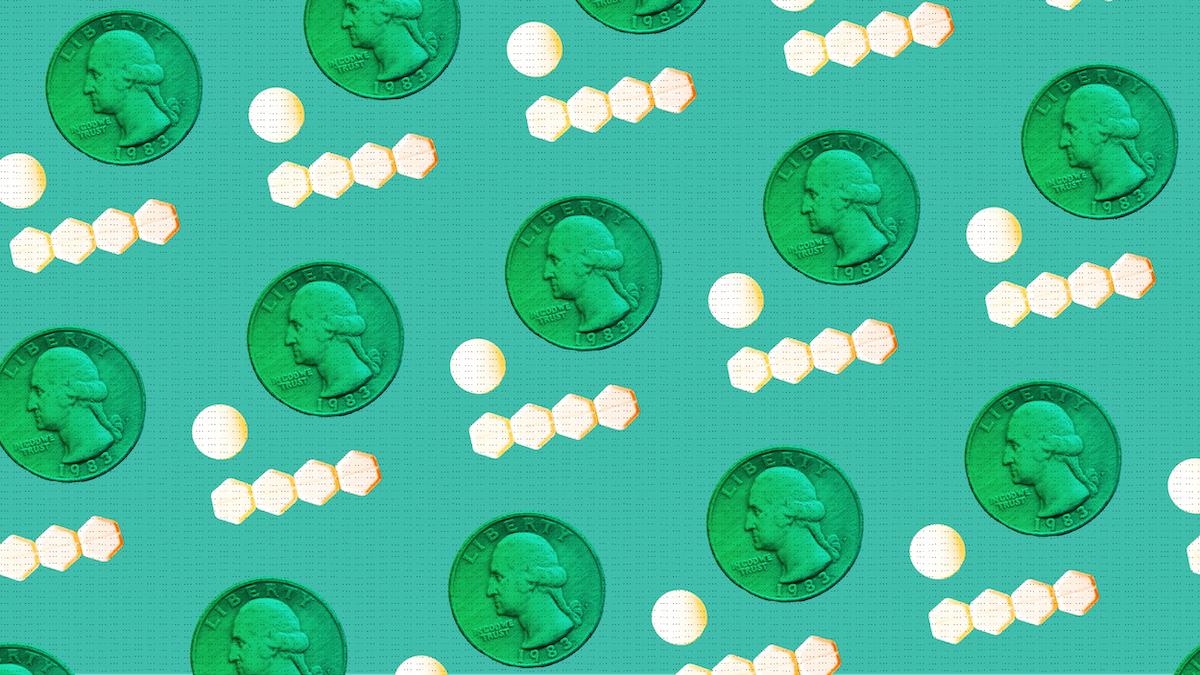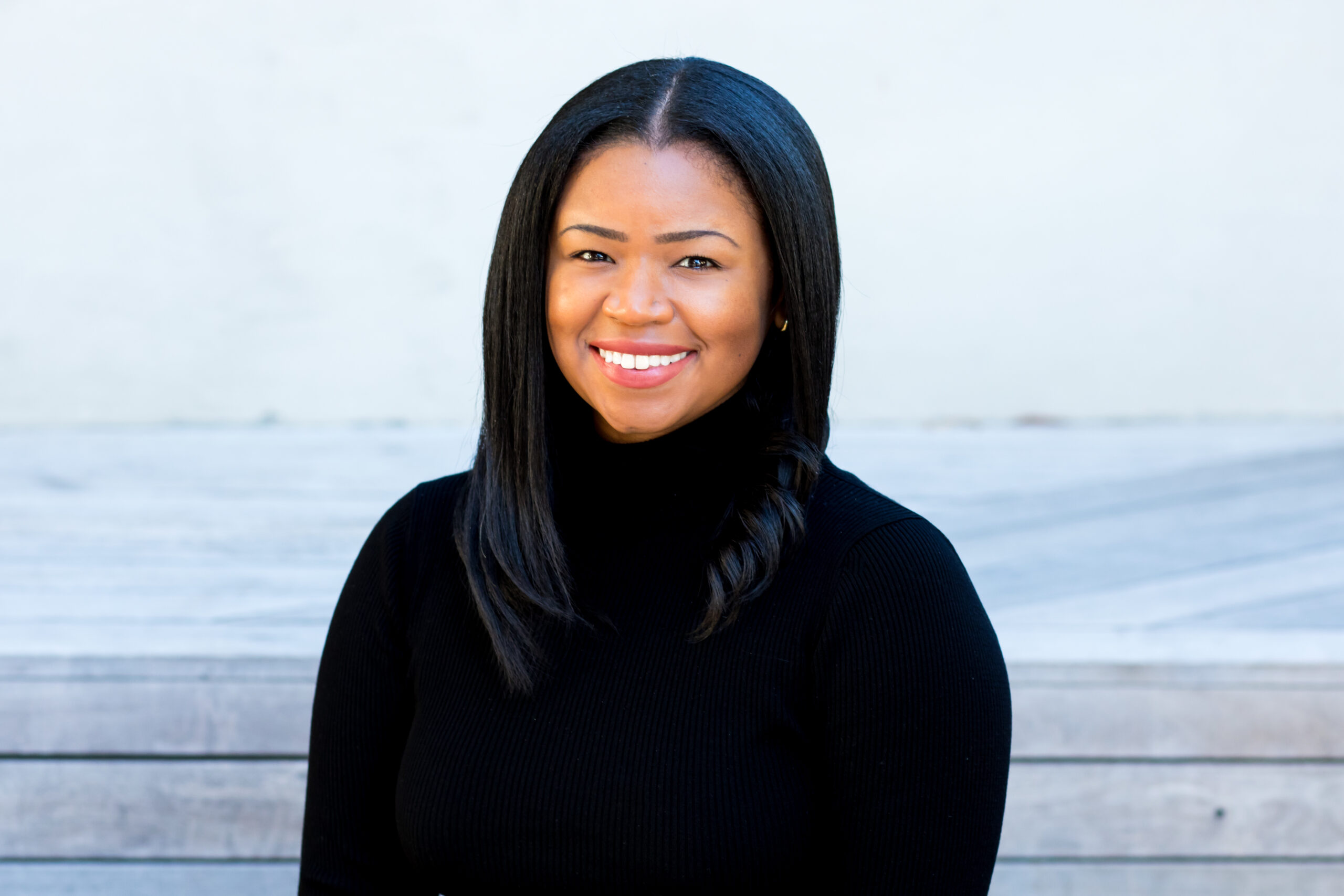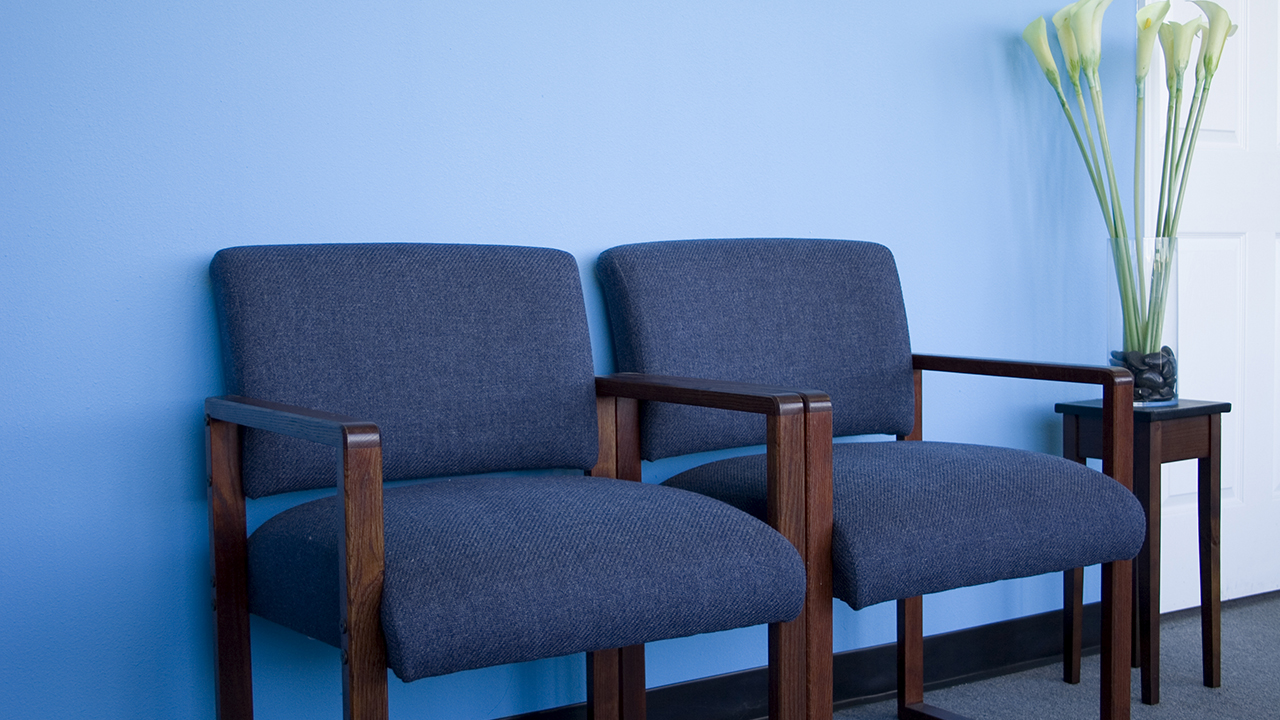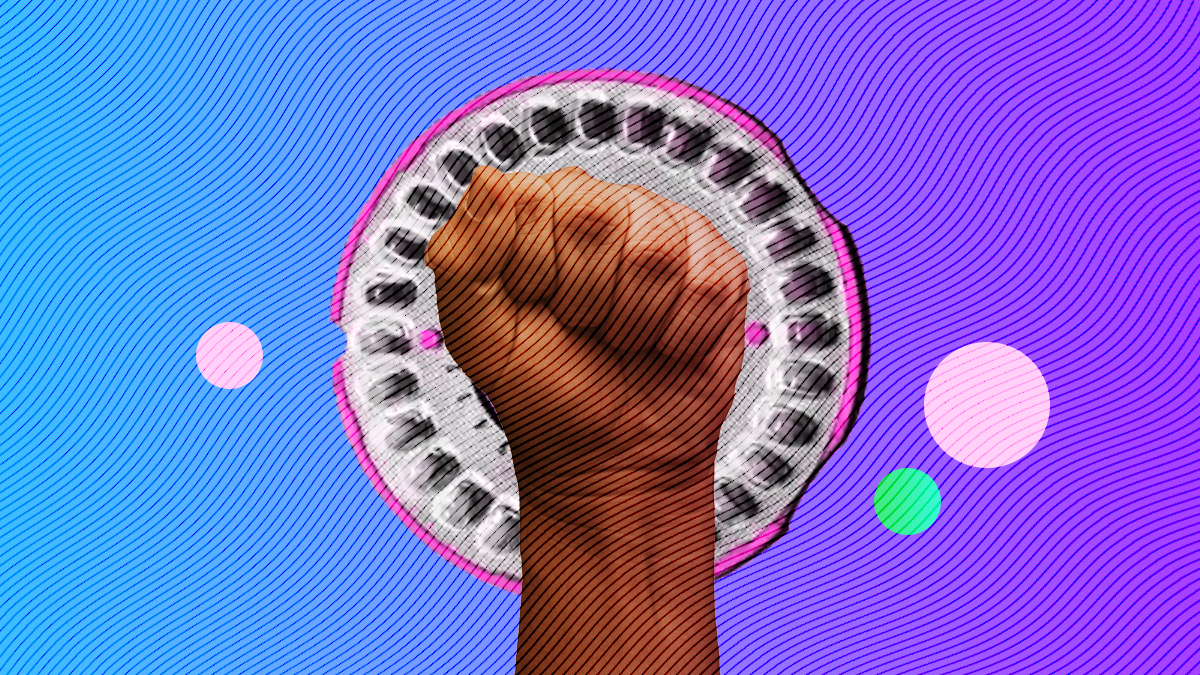As a second Trump administration approaches, we’re running out of time to confirm as many federal judges as possible to provide a check on his presidential power and curb his stated policy priorities.
This Equal Pay Day, There’s Something Else Robbing Us of Economic Security.

On Equal Pay Day, we hear a lot about the gender wage gap (and for good reason). But there’s something else that has been deepening economic insecurity: abortion bans and restrictions.
Abortion bans and restrictions are intensifying economic insecurity. In other words, abortion access is an economic justice issue. So, if you’re someone who fights for equal pay and economic justice, there are many reasons why abortion access should be on your mind.
For most people, deciding if or when to have a child has an enormous impact on economic security—and this has been true long before the fall of Roe. Having the freedom to decide if and when we have kids and how to care for our loved ones affects our financial well-being, job security, and our ability to work and go to school.
Studies show that being denied an abortion increases the amount of debt people and their families are in, as well as the rate of bankruptcies and evictions. Studies also show clear links between access to abortion and higher participation in the workforce, increased earnings, and economic independence for women.1.
Overcoming the countless barriers to actually getting abortion care also comes with a high cost. In the United States, abortion is expensive due to deliberately constructed barriers to accessing care. From 1973 to 2021, over 1,300 restrictions on abortion forced pregnant people to travel long distances to clinics, take unpaid leave, and pay out-of-pocket expenses for abortion care, transportation, and child care. Since the Dobbs decision, even more people are being forced to travel to access abortion, disproportionately impacting working-class people and families.
Many states that banned abortion after Roe was overturned have the biggest gender wage gaps. Most states prohibit Medicaid coverage of abortion beyond the Hyde Amendment’s narrow exceptions, effectively banning abortion for low-income communities. On average, states with abortion restrictions or total bans have lower minimum wages and about half the rate of unionization as compared to states where abortion is protected. Donations to abortion funds, which often fill the gaps left by public insurance, are rapidly drying up, while the cost of accessing abortion care is rapidly rising. And instead of supporting people and families living in poverty, politicians are increasingly funding anti-abortion centers, which target low-income communities and work to prevent people from accessing abortion and untethered material support. We could go on.
It is amid this escalating crisis that we are launching a blog series partnership between Equity Forward and the National Women’s Law Center. Together, our organizations will explore policy issues at the intersection of abortion access and economic justice, and how we can advance these fights.
Today, we are facing a common and coordinated opposition. The people attacking abortion are the same people attacking economic supports. (We’re being quite literal here: at a recent Senate hearing, anti-abortion senators and advocates argued against investing in social programs that would alleviate economic insecurity).
In the face of these coordinated attacks, we have to band together if we have any chance of building a world in which economic justice, from equal pay to abortion access, is our reality.
More from us soon!





